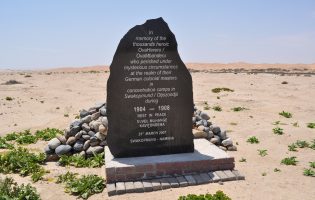
Up from the Cellars
Part Three of Rubble Child’s World: Stories from Bremen’s Ruins Introduction In the Introduction to her outstanding work of oral history of German women who lived during the Second World …
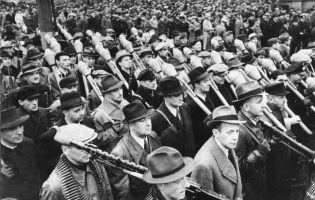
Education for Boys
Part Two of Rubble Child’s World: Stories from Bremen’s Ruins Introduction Rand Paul was frustrated. During a hearing of the Senate Health, Education, Labor, and Pensions Committee, the Republican Senator …

Israel’s West Bank Annexation: The End of the Special German-Israeli Relationship?
Israel’s intended annexation of up to 30 percent of the West Bank is further straining its relationship with Germany, one of its most committed European allies, a key provider of …
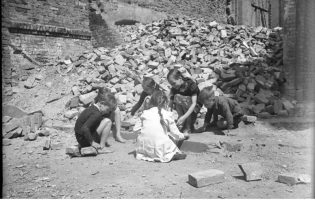
Rubble Girls
Part One of Rubble Child’s World: Stories from Bremen’s Ruins Prelude: The End of the War Experience of a Seven-Year Old Girl I spent my seventh birthday on April 25 …
Recent Authors
AGI provides knowledge, insights, and networks as tools to solve the challenges ahead.
Support Our WorkEpisode 25: Defeat or Liberation: The Changing Interpretations of May 8
May 8 marked the 75th anniversary of the end of World War II in Europe. While the displays of remembrance differed from the past given presence of the coronavirus, it …
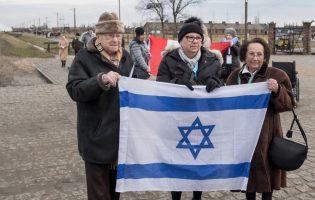
Auschwitz is a Warning: Comments on the Seventy-Fifth Anniversary of the Arrival of the Red Army at Auschwitz-Birkenau
I want to discuss three points regarding Auschwitz and Holocaust Memory Today. First, despite a massive scholarship on the subject, knowledge in the public and in the world of policy …
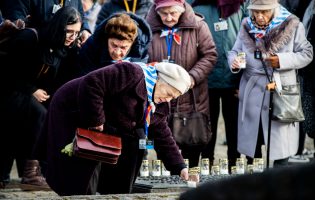
Auschwitz: History and Icon
Auschwitz has become an icon of other-worldly evil, rightly signifying a crime like no other. That monstrous camp of gas chambers and crematoria, however, is also a distinctly human creation …
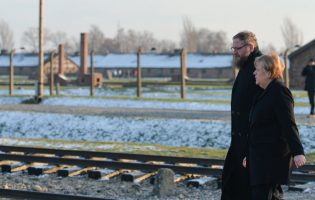
The Federal Republic’s Political and Societal Responses to Auschwitz
To stand here today and address you as Chancellor of the Federal Republic of Germany is far from easy. I am filled with a deep shame at the barbaric crimes …
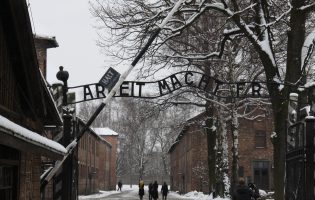
Keeping History Alive: 75 Years after the Liberation of Auschwitz
One of the negative icons of the twentieth century was the Holocaust—the Nazi German persecution and murder of approximately 6 million Jewish people in Europe during World War II from …
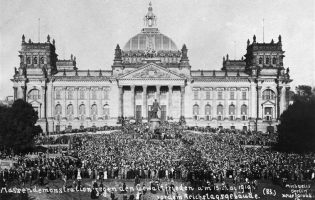
The 100th Anniversary of the Treaty of Versailles
Among the many important dates that we largely overlooked is the 100th anniversary of the Treaty of Versailles, the treaty that ended the state of war between Germany and the …
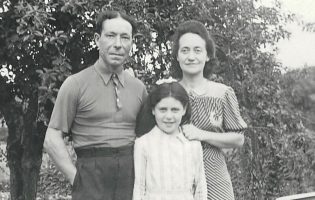
Hidden in Plain Sight: The Life and Message of Raymonde Fiol
A Call from the Past It was a Saturday in 2007. Raymonde Fiol was sitting on a sofa in her home in Las Vegas. The phone rang. She answered. The …



